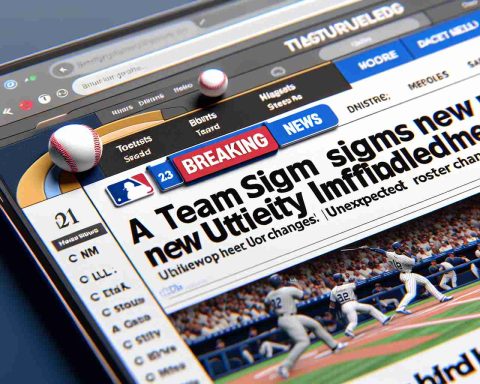Ukrainian military intelligence suggests that Russia is intent on achieving a decisive victory in the ongoing conflict by late 2025 or early 2026. This ambition is driven by predictions of significant economic challenges beginning in the summer of 2024, which may necessitate a mobilization effort that could destabilize the country’s sociopolitical landscape.
Key insights from the head of Ukrainian intelligence reveal that the timeline from 2025 to 2026 is critical for Russia. The officials have indicated that if the nation does not emerge from the war with a conditional victory, its aspirations of being recognized as a superpower will be severely diminished. According to this analysis, the global power dynamic would reduce to only two superpowers: the United States and China, leaving Russia marginalized in international discussions.
These insights signify a sense of urgency among Russian leadership. There is a profound recognition of the need to secure a win in the conflict, as failure to do so could isolate them from global affairs. The consequences of not achieving their objectives could lead to a loss of influence, with regional leadership being the only possible standing left for the Russian Federation.
This situation presents a pivotal moment, highlighting the high stakes involved for Russia as the timeline draws near. The outcome of these efforts could have lasting effects on the geopolitical landscape of the region and beyond.
Russia’s Strategic Timeline: Aiming for Victory in 2026
As the conflict between Russia and Ukraine continues to unfold, new analyses reveal deeper implications of Russia’s military ambitions. According to recent assessments from Ukrainian intelligence, Russia is setting a strategic goal to secure a decisive victory in the war by 2026, a move driven by the anticipation of significant economic challenges facing the nation. These challenges could stem from sanctions, inflation, and a volatile energy market, making the timing of military success crucial for Moscow.
Key Questions and Answers
1. What drives Russia’s urgency to win by 2026?
Russia appears to be racing against potential economic downturns predicted to hit in mid-2024. The Kremlin may fear that without a victory, internal unrest and decreased morale could emerge, challenging the government’s stability.
2. What are the implications if Russia fails to achieve victory by the set deadline?
Failure could lead to a significant decline in Russia’s international standing, further isolating it in global politics and diminishing its ambitions of being a superpower amidst growing dominance from the U.S. and China. Moreover, a lack of military success might fuel dissent within Russia, resulting in socio-political upheaval.
3. Are there any military strategies or tactics that Russia plans to employ in this timeframe?
Reports suggest that Russia is concentrating on mobilizing fresh troops, enhancing logistics, and deploying advanced military technologies. They may also focus on guerrilla tactics and cyber warfare to weaken Ukraine’s resolve and capabilities.
Key Challenges and Controversies
One major challenge is the ongoing resistance from Ukrainian forces, who have shown resilience and adaptability on the battlefield. Additionally, international support for Ukraine, including military aid from Western nations, complicates Russia’s offensive plans. There’s also criticism regarding the humanitarian impact of the war, with controversies surrounding war crimes and civilian casualties that may pressure Russia further if sustained military action leads to increased global scrutiny.
Advantages and Disadvantages
Advantages:
– Strategic Mobilization: If Russia successfully mobilizes its resources and prepares adequately, it may achieve tactical advantages in the field.
– Geopolitical Leverage: A timely victory could bolster Russia’s bargaining power in post-war negotiations.
Disadvantages:
– Economic Strain: The financial burden of prolonged military engagement coupled with international sanctions could lead to severe economic repercussions.
– Internal Dissent: Failure in the war may spur protests and opposition against the government, undermining Vladimir Putin’s regime.
As the conflict draws closer to the proposed timeline set by Russian officials, the eyes of the world remain on the unfolding developments which could shape not only the future of Russia and Ukraine but the geopolitical landscape globally.
For further reading, consider visiting Reuters for ongoing news updates and insights on the geopolitical situation.












